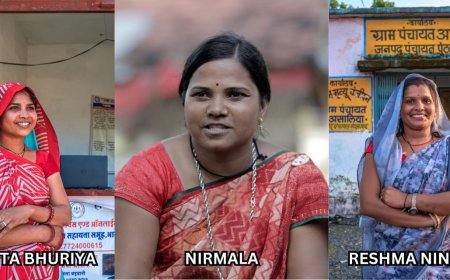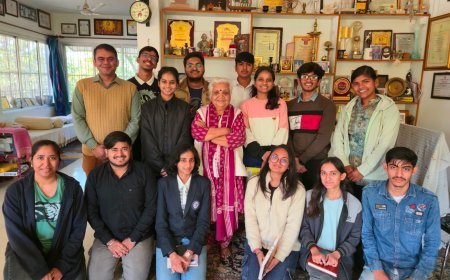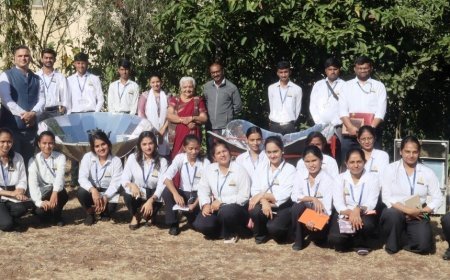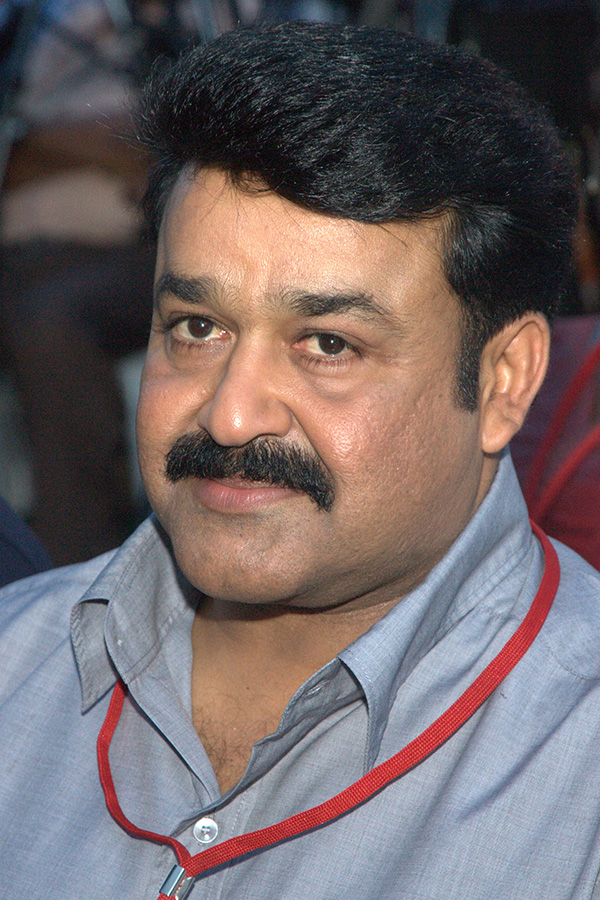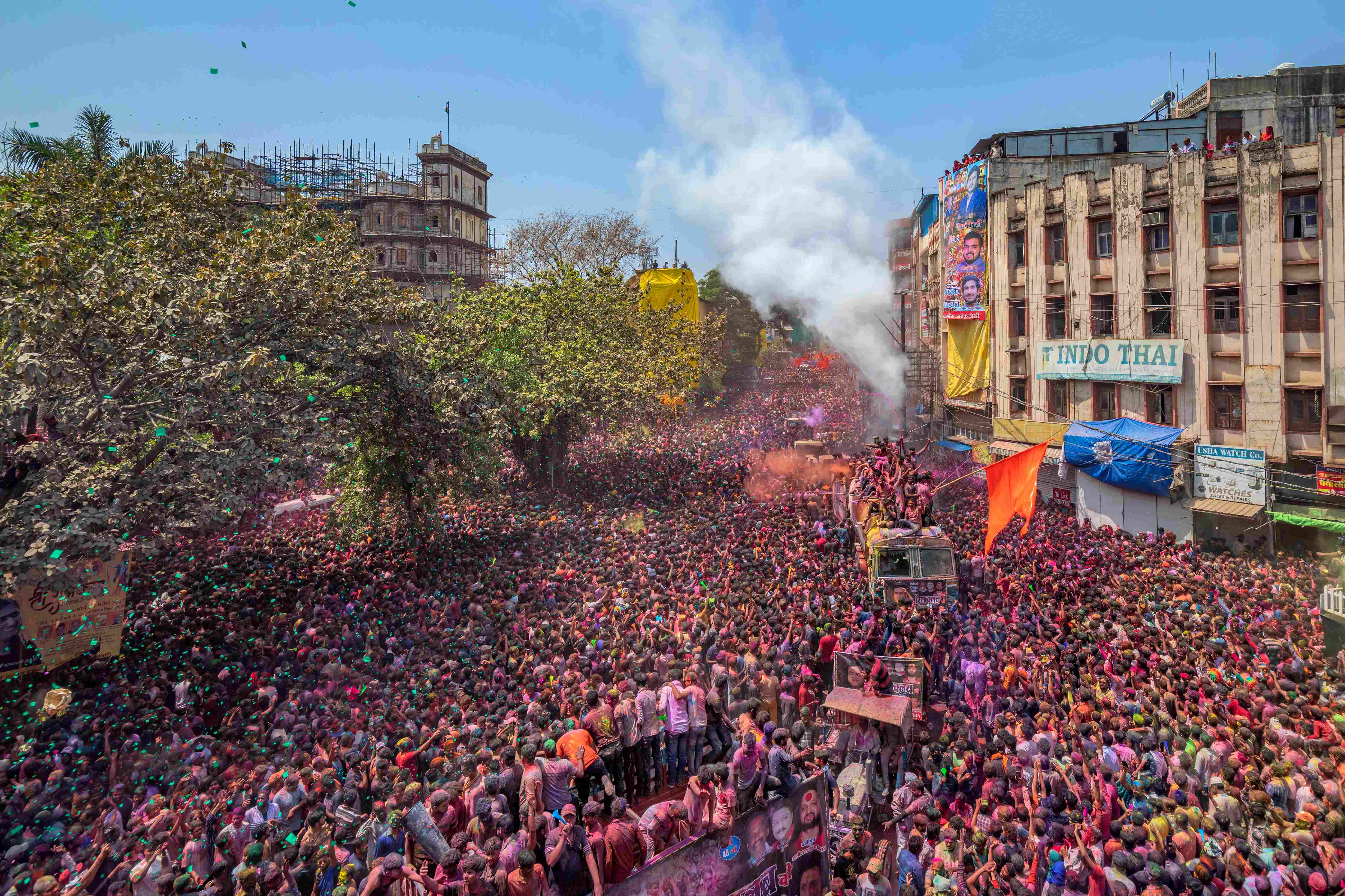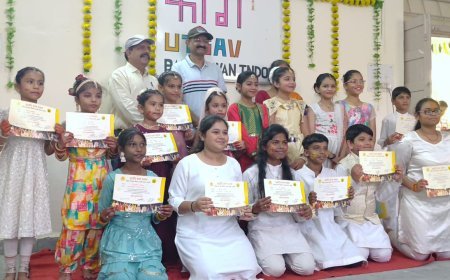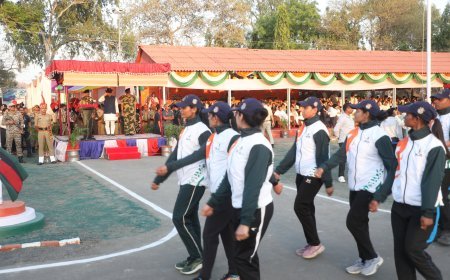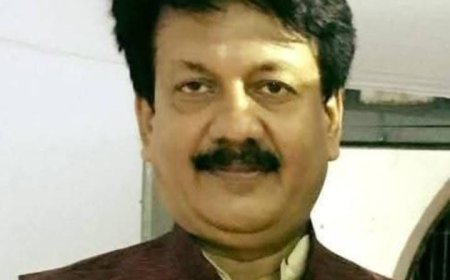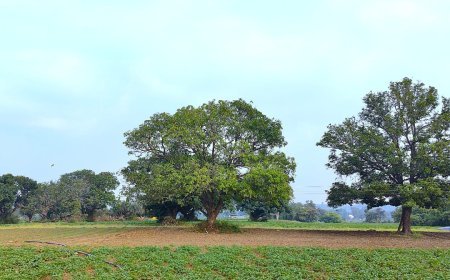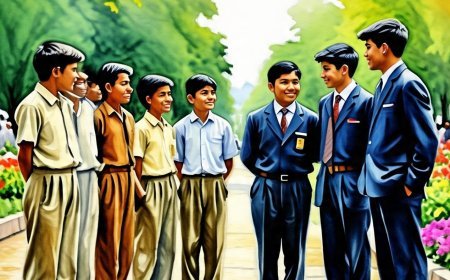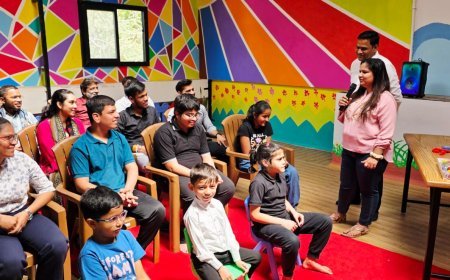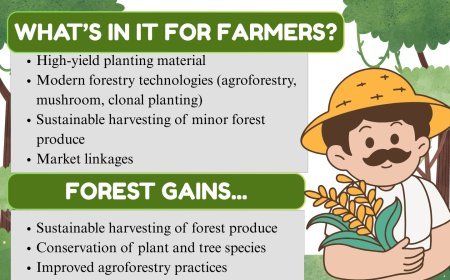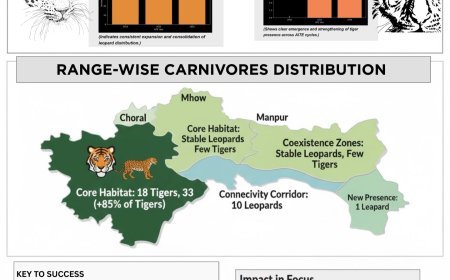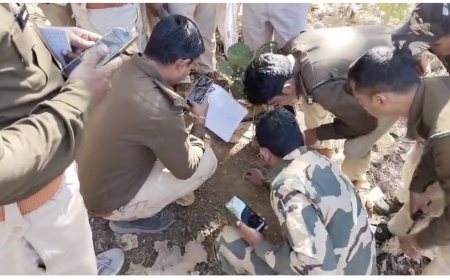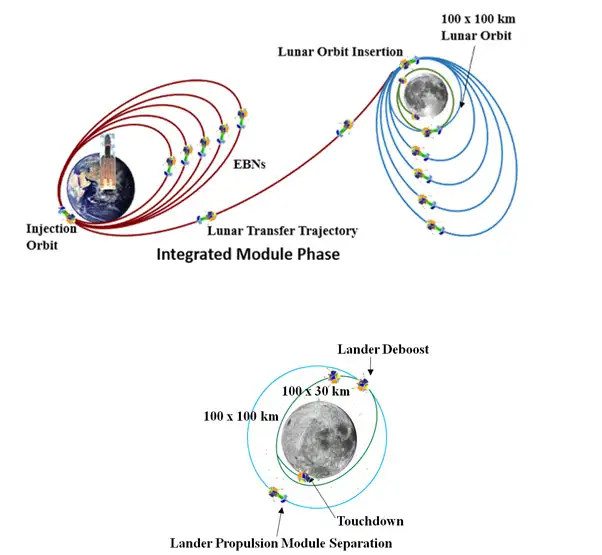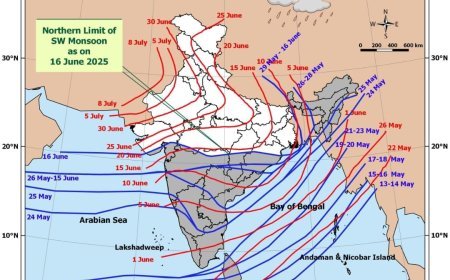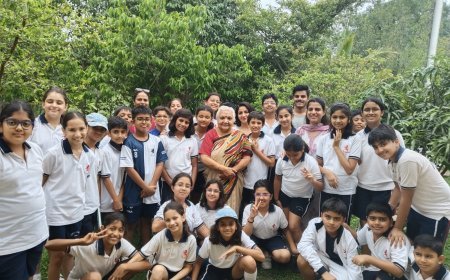Indore to Launch Water Conservation Campaign: "Jal Ganga Jal Sanrakshan Abhiyan" New Reservoirs, Restoration of Old Water Bodies, and Extensive Tree Plantation to Mark the Initiative
Indore is set to launch the "Jal Ganga Jal Sanrakshan Abhiyan," a comprehensive water conservation campaign aimed at building new water reservoirs, restoring old water bodies, and promoting extensive tree plantation. This initiative, which will run from March 30 to June 30, 2025, will involve community participation, government support, and a special focus on watershed management, removal of encroachments, and the revival of traditional water structures.

In line with the vision of Chief Minister Dr. Mohan Yadav, Indore District is set to launch the "Jal Ganga Jal Sanrakshan Abhiyan" (Water Ganga Water Conservation Campaign). This ambitious initiative will focus on constructing new water reservoirs, restoring old ponds, step-wells, and wells, and conducting extensive tree plantation drives across the region. A detailed action plan has been prepared to carry out these activities, which will start on March 30 and continue until June 30, 2025.
The announcement was made during a meeting chaired by Water Resources Minister Shri Tulsi Ram Silawat at the Collectorate office. The meeting was attended by key officials including Collector Shri Ashish Singh, District Panchayat CEO Shri Siddharth Jain, District Panchayat President Smt. Reena Satish Malviya, MLA Sushri Usha Thakur, Shri Manoj Patel, Shri Madhu Verma, District Panchayat Vice President Shri Bharat Singh Patel, Shri Shravan Chawda, and other elected representatives and department officials.
Key Highlights of the "Jal Ganga Jal Sanrakshan Abhiyan"
1. Construction of 19 New Amrit Sarovars (Water Reservoirs)
The district is set to build 19 new Amrit Sarovars under the Amrit Sarovar 2.0 initiative, with an estimated expenditure of Rs. 4.18 crore. This follows the successful construction of 101 new Amrit Sarovars in the previous year. Ten sites have already been identified, and the remaining nine will be selected using the scientific GIS method by March 30, 2025.
2. Restoration of Old Water Bodies
A special focus will be given to the restoration of historically, culturally, and religiously significant ponds, step-wells, and wells in the district. These water bodies will be cleaned and restored under the campaign, which will be carried out with the joint effort of local communities, officials, and government bodies.
3. Removal of Encroachments from Water Bodies
The campaign will also focus on the removal of encroachments from ponds and water bodies. Revenue department officials will demarcate the boundaries of these water bodies, and the removal of encroachments will be initiated. In addition, the ponds will undergo deepening through community participation, and efforts will be made to increase the inflow of water by enhancing the inlets.
4. Watershed and River Basin Management
Watershed management activities will be carried out in the catchment areas of major rivers in the district. A comprehensive action plan will be developed based on remote sensing and field surveys to implement activities like gabion structures, trenching, tree plantation, and check dams. These efforts will ensure better water conservation and rejuvenation of the river basins.
5. Revival of Traditional Water Structures
Several old check dams and stop dams, which were once useful but have fallen into disrepair, will be surveyed and restored. The community will play a vital role in the cleaning and de-silting of these structures.
6. Extensive Tree Plantation
Tree plantation will be a key aspect of the campaign. Land near traditional water sources will be selected for planting trees under the Mahatma Gandhi National Rural Employment Guarantee Scheme (MGNREGS). Special attention will be given to ensuring the availability of plants from nearby nurseries, particularly those operated by Self-Help Groups (SHGs).
7. Empowering Youth as "Jaldoots" (Water Ambassadors)
One to two youth members from each village, both men and women, will be selected as "Jaldoots" to promote water conservation efforts. These water ambassadors will play a pivotal role in educating the community, assisting in the restoration of water bodies, and spreading awareness about water conservation practices.
8. Organizing "Pani Chaupal"/Water Panchayats
To raise awareness about the importance of water conservation, the campaign will organize "Pani Chaupal" (Water Forums), Water Panchayats, and other public meetings. These gatherings will focus on educating people about water management, rainwater harvesting, and groundwater rejuvenation, while also discussing the strategies for the upcoming financial year.
Public Participation and Government Support
Minister Shri Tulsi Ram Silawat emphasized that this campaign would be a collaborative effort involving all sections of society. The objective is to create a sustainable model of water conservation that can be replicated across the country. The active participation of local communities, government officials, and elected representatives is crucial for the success of the campaign.
Campaign Timeline
-
Start Date: March 30, 2025
-
End Date: June 30, 2025
This campaign aims to significantly improve water availability in the region, revitalize traditional water systems, and foster a sense of responsibility toward sustainable water use among residents.
